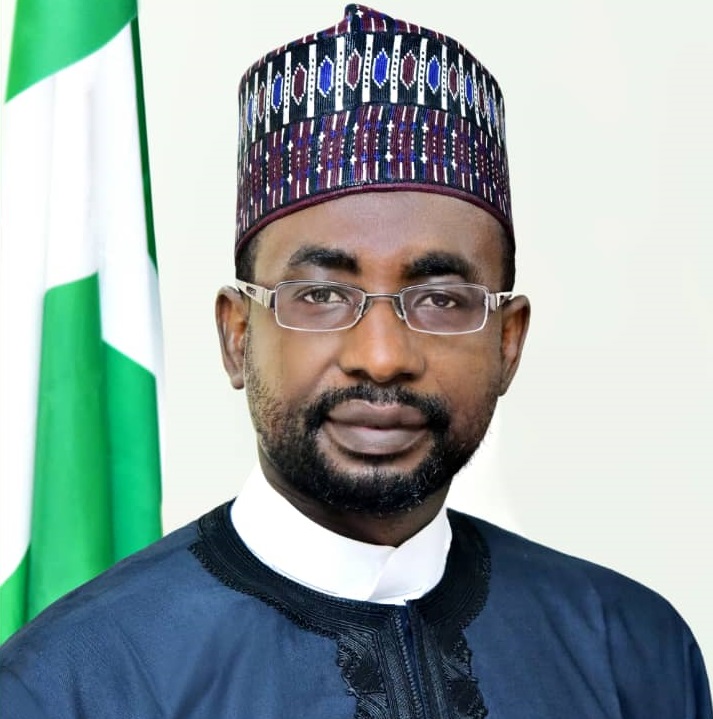Malam Kashifu Inuwa, Director General of the National Information Technology Development Agency (NITDA) has explained the benefits of the Agency’s Strategic Roadmap and Action Plan (2024-2027) recently unveiled to the public.
Speaking at a media parley in Abuja, Inuwa revealed that the four-year strategic document reflects the Agency’s unwavering commitment to elevating Nigeria to a premier status in the global digital economy through harnessing the potential of digital innovation to drive national prosperity and inclusivity.
He noted that the strategic document aligns with the priorities of the Renewed Hope Agenda of President Bola Tinubu as well as the blueprint of the Federal Ministry of Communications, Innovation and Digital Economy.
According to him, the eight strategic pillars of the Roadmap include, fostering digital literacy and cultivating talents; building a robust technology research ecosystem; strengthening policy implementation and legal framework; promoting inclusive access to digital infrastructure and services as well as strengthening cybersecurity and enhancing digital trust.
Other pillars, he explained, include nurturing an innovative and entrepreneurial ecosystem, forging strategic partnerships and collaboration and cultivating a vibrant organisational culture and an agile workforce in NITDA.
He reiterated that the vision of the Agency is “To make Nigeria a digitally empowered nation, fostering inclusive economic growth through technological innovation.”
As part of measures to achieve these lofty objectives, the NITDA boss, explained that the Agency had developed the National Digital Literacy Framework(NDLF), and implementation of 3 Million Tech Talents(3MTT), an initiative that provides training to prepare Nigerian youth for global digital opportunities, aimed at bridging the international technology talent gap.
According to him, the Agency through the implementation of NDLF, has an ambitious target of achieving 95 per cent digital literacy by 2030, as well as achieving a mid-term target of 70 percent digital literacy level by 2027.
To enhance broad access to digital education in Nigeria, Inuwa said: “We are working with the Federal Ministry of Education to review the curriculum across the formal education, from nursery to University so that we can infuse digital literacy in our formal education.
“By doing that, we can empower Nigerians to have digital skills before graduating.We are also conceptualising other initiatives which include the Digital Literacy for All Initiative which will be unveiled soon.”
He underscored the need for Nigeria to invest heavily in robust technology research ecosystem to equip Nigeria with the tools to navigate and lead in the Fourth Industrial Revolution.
He said:”In the quest for sustainable economic growth, establishing a robust technology research ecosystem is paramount.
“This ecosystem is the crucible where innovation is born, fostering developments that propel nations towards prosperity and global competitiveness.
“Research ignites innovation by uncovering new knowledge, which leads to the development of transformative technologies and solutions.
“These advancements not only enhance productivity across industries but also establish a country’s competitive advantage on the global stage.
“For instance, breakthroughs in Artificial Intelligence(AI), Robotics and Intetnet of Things have revolutionised sectors from manufacturing to healthcare driving both economic growth and social progress.”
The NITDA boss further disclosed some of the initiatives taken by the Agency to empower Nigerians with digital skills.
He said: “We conducted skills gap assessment to identify skills in high demand locally and globally, and based on that, we have identified 12 tech skills in high demand and we used that to design three million tech talent initiative.
“The initiative is to train three million Nigerians on those 12 identified tech talents in high demand.
“The idea is that when we train them, some will be able to serve local market and some leave Nigeria to get jobs somewhere for brain export not brain drain.”












